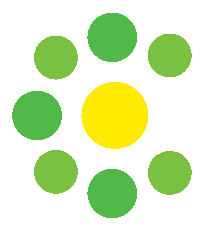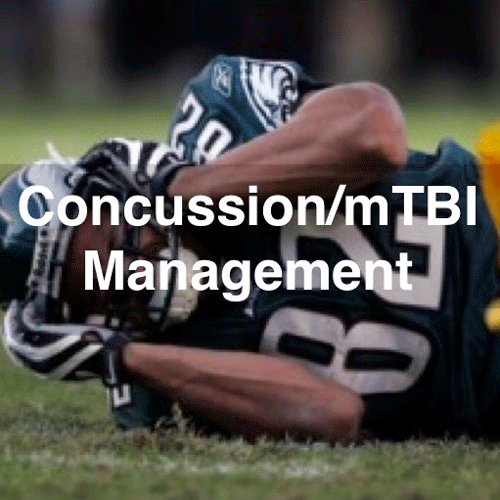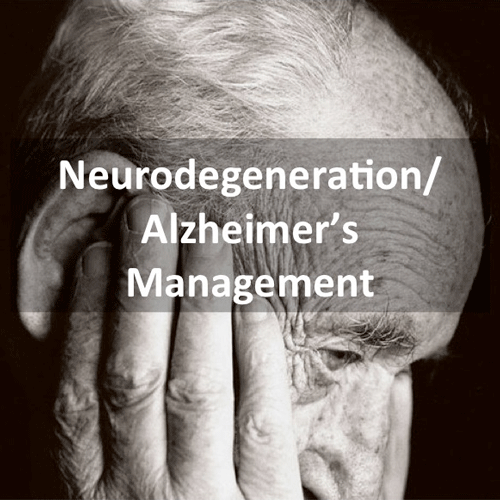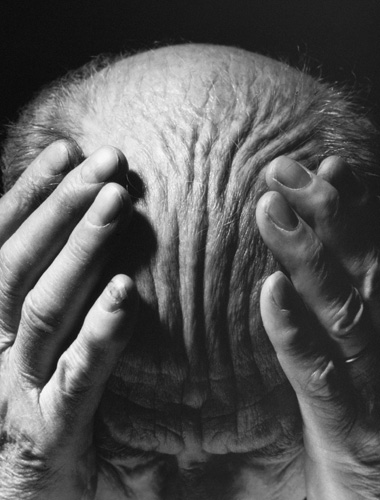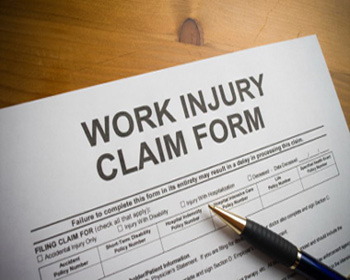Concussion/mTBI Management
The Center for Disease Control and Prevention (CDC) estimates that concussions, or mild traumatic brain injuries (mTBI), comprise about 90% of the 1.7 to 3.8 million traumatic brain injuries occurring each year in the United States.
Today, the diagnosis and management of concussion use subjective tools and self-reports of symptoms limiting the clinical impact of these tests.
Cerora Borealis is designed to deliver objective biosensor data together with traditional cognitive tests to empower clinicians to make better and more informed decisions. Incorporating highly sensitive physiological measures will better inform ‘Return-to-activity’ decisions, including the ‘Return-to-learn’ management concussed students integrate back into the classroom.
Neurodegeneration/ Alzheimer’s Management
Thirty six million people world-wide suffer with some form of dementia and approximately 5.2 million of these people have Alzheimer’s disease. However, those with other forms of reduced brain function are likely much higher. The new Medicare Annual Wellness Visit requires an assessment of cognitive impairment to identify individuals in need of further care. Cerora Borealis will bring objective biosensor data to aid in the diagnosis and management for cognitive impairment and dementia patients.
Non-Medical Uses
Cerora is exploring the non-medical use of its Borealis technology across a number of domains.
When used under the guidance of trained personnel, Cerora Borealis based monitoring and assessment of changes of brain function may empower decision-making strategies in a number of industries. Working with a world-leader in the analytics market, Cerora has begun the process of generating evidence with Borealis for the management of risk.
